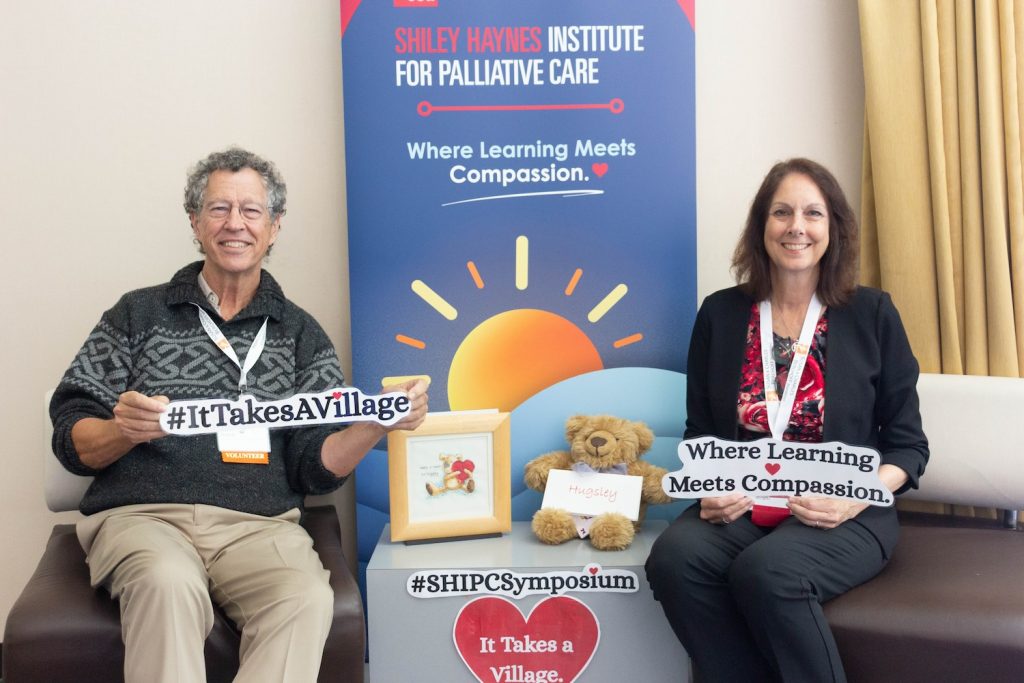Our Mission
The CSU Shiley Haynes Institute for Palliative Care provides high-quality education to healthcare professionals and students, builds advocacy, and promotes research to advance the care of those living with serious illness and their communities.
Commitment to Palliative Care Education
We are dedicated to expanding access to palliative care by educating current and future healthcare professionals and building community awareness and advocacy to make excellent palliative care available to all who need it. Whether it is through training current professionals, supporting faculty to integrate palliative care into curriculum for future professionals, or creating a space for dialogue and learning about palliative care through the National Symposium, we stand firmly committed to providing opportunities for palliative care education for all.
Building Partnerships Within and Between Communities
Our campus partners build awareness of palliative care through programs for students, faculty, health professionals, and caregivers in their communities. Our Campus Partners have a local focus, working to create innovative programs that expand awareness of and access to palliative care in the diverse communities they serve. Since 2012 more than 26K students and 25K community members have participated in palliative care outreach and education programs through our campus partners across the CSU system.
Continuing Education for Current Healthcare Professionals
Our interactive and engaging online courses offer training for current healthcare professionals in the skills they need to deliver the best, evidence-based care to individuals with chronic or serious illness. Our courses are tailored to help nurses, social workers, physicians, chaplains, and other health professionals make a measurable impact on the care they deliver to their patients. We engage a wide variety of palliative care professionals to create and deliver our curriculum, including subject matter experts, clinical leaders, consultants, and university faculty. Since 2012, more than 32K health professionals from all 50 states and 49 countries worldwide have enrolled in our courses and all of our courses offer Continuing Education Hours. Choose from instructor-led or self-paced courses available online, anytime. These courses are open to individuals as well as healthcare and hospital systems.
National Symposium for Academic Palliative Care Education and Research
June 3-5, 2026
Since 2014, over 1,200 professionals from universities, academic medical centers, healthcare systems, health plans, hospices and community hospitals have attended our symposium. It is the only event of its kind in the country designed for university faculty, practitioners, and researchers focused on advancing palliative care.
Leading Educated Palliative Care
Discussions & Research

“I am so pleased to support a program that will ultimately benefit others the way I have been personally helped. My late husband’s experience with hospice and palliative care made me realize how specialized and important the field of palliative care is today and the growing need for such care in the future.”
Advance your career with convenient, online coursework and evidence-based instruction, all backed by the standards of California State University.


















